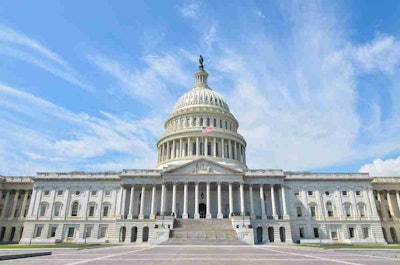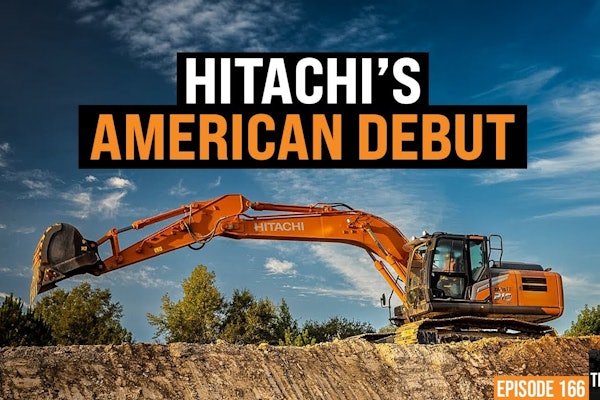
The Congressional Budget Office (CBO) has, helpfully, stated the obvious.
The CBO is essentially confirming for us that when reauthorization rolls about next September, MAP-21’s replacement, facing a nearly bankrupt Highway Trust Fund, will either have to dive into the General Fund (and fight with everyone else in Washington who has to dive into the General Fund); raise the gas tax; cut way, way, way back on how much money it obligates or blend the last two options.
To cite the new CBO report:
-
The current trajectory of the Highway Trust Fund is unsustainable. Starting in fiscal year 2015, the trust fund will have insufficient amounts to meet all of its obligations, resulting in steadily accumulating shortfalls.
-
Since 2008, the Congress has avoided such shortfalls by transferring $41 billion from the general fund of the Treasury to the Highway Trust Fund. An additional transfer of $12.6 billion is authorized for 2014. If lawmakers chose to continue such transfers, they would have to transfer an additional $14 billion to prevent a projected shortfall in 2015.
-
Lawmakers could also address that shortfall by substantially reducing spending for surface transportation programs, by boosting revenues or by adopting some combination of the two. Bringing the trust fund into balance in 2015 would require cutting the authority to obligate funds in that year from about $51 billion projected under current law to about $4 billion, raising the taxes on motor fuels by about 10 cents per gallon or undertaking some combination of those options.
So what now?
There’s always a chance that a balanced budget bill or a deficit reduction bill or a tax bill will address the needs of transportation infrastructure funding before MAP-21 runs out. And a number of people are betting on just that happening. And that’s a good news/bad news scenario.
It may provide funds (maybe even enough, although that’s unlikely) but the measures will come from committees and backrooms filled with financial people, not infrastructure people. No one in infrastructure, on the hill or not, wants fiscal-policy wonks figuring out how to fund transportation infrastructure.
The CBO report is useful in that it helps us bring pressure on the “hill people” who have responsibility for transportation infrastructure funding right now. Calling them up or sending a text or email doesn’t seem to work very well–remember SAFETEA-LU. Nope, that’s not the way to do it.
I suggest you forward to your Representative and Senators a copy of this CBO report, and include as an addendum a list of jobs that might be lost, new jobs that won’t be created, places where congestion will get worse, projects that won’t get started and highways and bridges that will continue to deteriorate if they don’t do something positive.
Oh, and send a copy to your local newspaper and TV news channels. Send the cc in the same email so that each recipient know the other has a copy.









